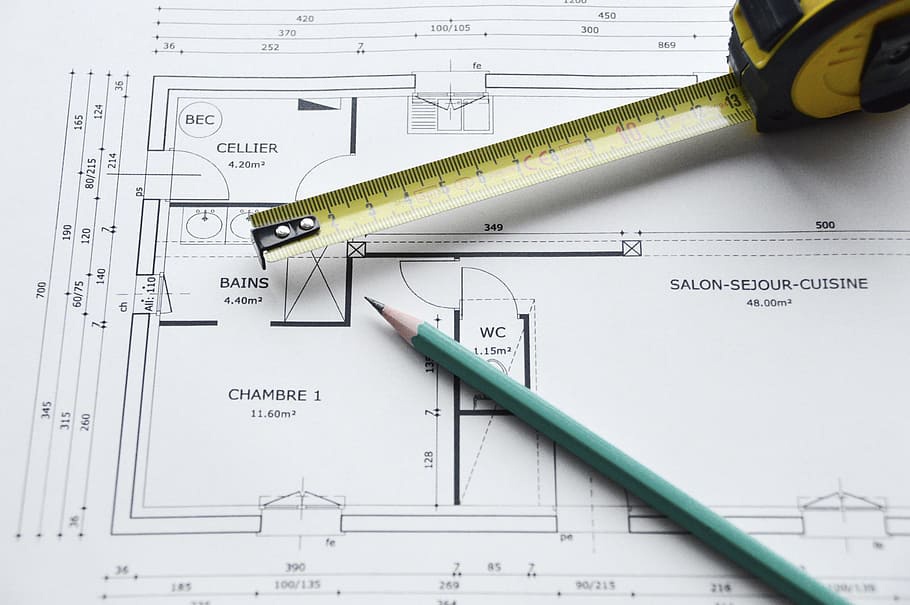Bills of Quantities – are they dying out of construction?

10th February, 2020
Since the early 19th Century a Bill of Quantities has been a staple of almost every medium-large construction project since. It provides clients, contractors and sub-contractors with a list of materials required to carry out the construction project. It is measured using a standard universal method of measurement, commonly SMM7, NRM2 or CESMM in the UK. This facilitates a contractor being able to supply a client with a price for their construction project prior to commencing.
Bills of Quantities are still very common on construction projects, however an increasing pattern is emerging in the industry of issuing tender documents without a Bill of Quantities, instead giving the contractor some simple quantities in a cost plan format to price. There are a few primary reasons for this change:
- Client’s Quantity Surveyor laziness / high workload
- Client thinking this presents a cost saving to them on the project not having to pay a few thousand pounds to their QS to produce a BoQ.
- Client impatience / rush to get a contractor appointed and project started.
- Reduced competence of the modern day Quantity Surveyor to produce a detailed BoQ.
Despite this myth that it is a perceived cost saving, most contractors will still produce their own BoQ for a project and simply include their tendering costs within their submitted price (meaning the client is effectively paying for a BoQ anyway).
To add to this, a contractor is far more likely to price a job if the client supplies a BoQ, and far more unlikely to submit a tender where they need to produce their own. Subjecting themselves to between £10-£30k in tendering costs for a job they aren’t guaranteed to get will price a lot of contractors out of even submitting a tender. The knock-on effect of having tenderers pull out of pricing a job is less competition, and ultimately the client ends up paying more for their project.
The other myth associated with leaving the contractors to provide the BoQ is that this transfers the risk onto them, so that if anything is missed in their BoQ the contractor is left responsible for this. However, what this actually does is merely transfer this risk onto the other design team members such as the Architect and Structural Engineer. This is because their drawings must reflect every single detail of how the building is built. If not, this is open to a compensation event / variation claim by the contractor.
So what could be addressed in a simple conversation between the design team and put into a Bill of Quantities costing say £2,500, now requires several more hours of designing drawings costing £2,500, or worse, could lead to paying tens of thousands of pounds in variations / compensation events to an opportunistic and claims conscious contractors.
So, in a nutshell, not paying your Quantity Surveyor to prepare a BoQ will just mean paying your Architect and the Contractor more instead.
Bills of Quantities are still an essential part of the construction industry and show no sign of disappearing. The Royal Institution of Chartered Surveyors should do more to force all consultants to produce Bills of Quantities for their clients on projects, they also need to ensure the core skills are still being taught within the nation’s universities.
The main culprits who routinely overlook BoQ’s are the “big name” multinational consultancies, typically in London who charge their clients astronomical fees for a sub-standard service. Choosing to tender a job with thrown together cost plan quantities and standard tender documents they copy from job to job. If I was advising a client reading this article, for quality of service I would be looking towards small-medium regional Quantity Surveying practices, who will not only deliver a high quality service, but will also cost a fraction of the price.
If you require help finding a suitable company to provide you with an affordable Bill of Quantities please get in touch with us. mail@thequantitysurveyor.com




